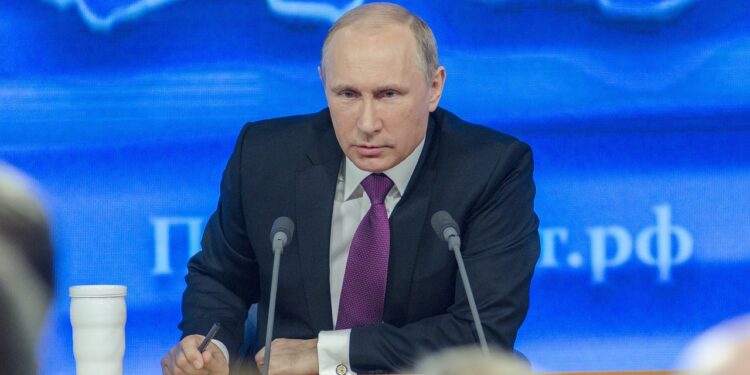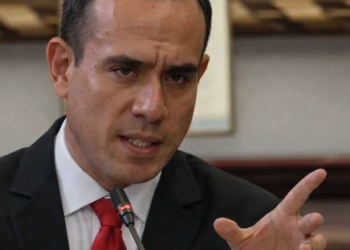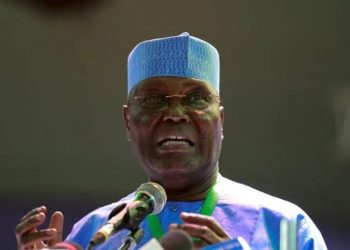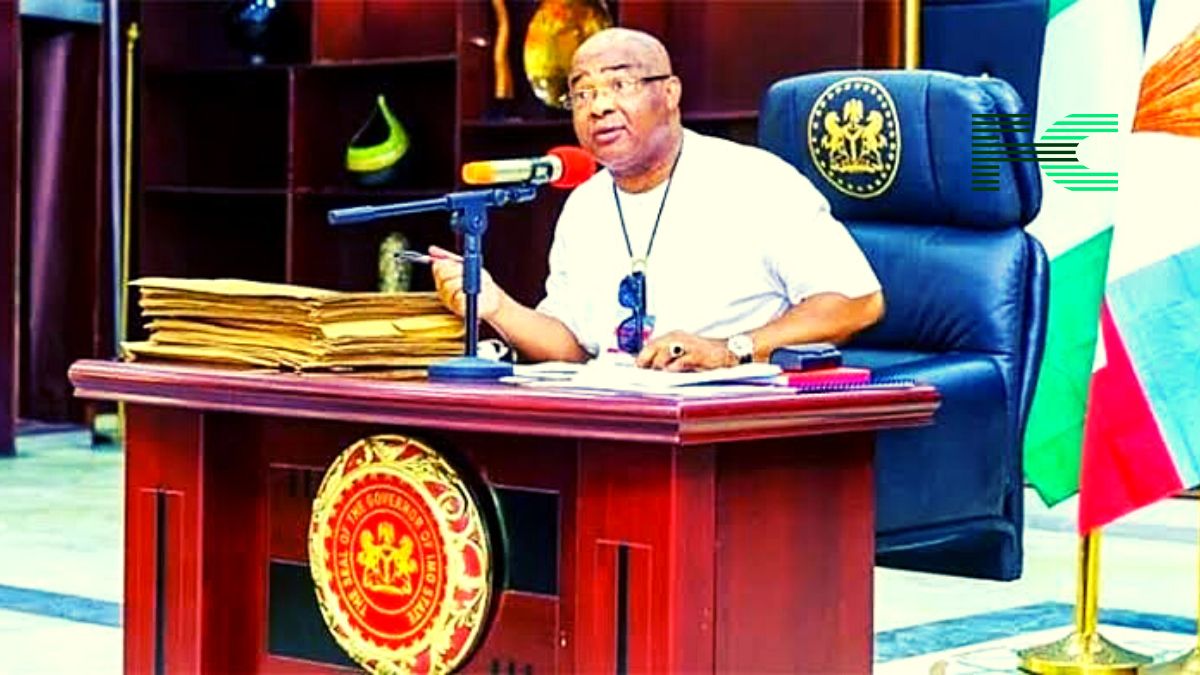The Global Stakes of the 2024 U.S. Election
The 2024 U.S. presidential election carries immense significance not only for Americans but also for the global community. With the outcomes poised to impact major international alliances, geopolitical strategies, and ongoing conflicts, nations around the world are closely watching this pivotal race. Europe and Russia, in particular, have distinct hopes and fears regarding the potential leadership of Kamala Harris or Donald Trump.
Europe’s Hope for Stability Under Harris
Across Europe, many leaders and citizens are hopeful for a Harris administration. A win for Harris is perceived as a continuation of the Biden administration’s policies, particularly in areas like NATO support, commitment to climate change action, and diplomatic stability. European optimism, however, is tempered by the fear of a potential Trump return. His previous term raised concerns in Europe over weakening alliances, reduced commitment to NATO, and isolationist policies. European leaders recognize that another Trump term could lead to unpredictability in transatlantic relations.
Russia’s Position: A Mix of Irony and Strategic Interest
Russia’s outlook on the U.S. election is notably different. When asked about his preference for the next U.S. president, President Vladimir Putin offered a wry response at the Eastern Economic Forum in Vladivostok, remarking with irony, “Our ‘favorite,’ if you can call it that, was the current president, Mr. Biden.” Putin hinted at “support” for Harris, adding with sarcasm that he would back her “expressive and infectious laugh.”
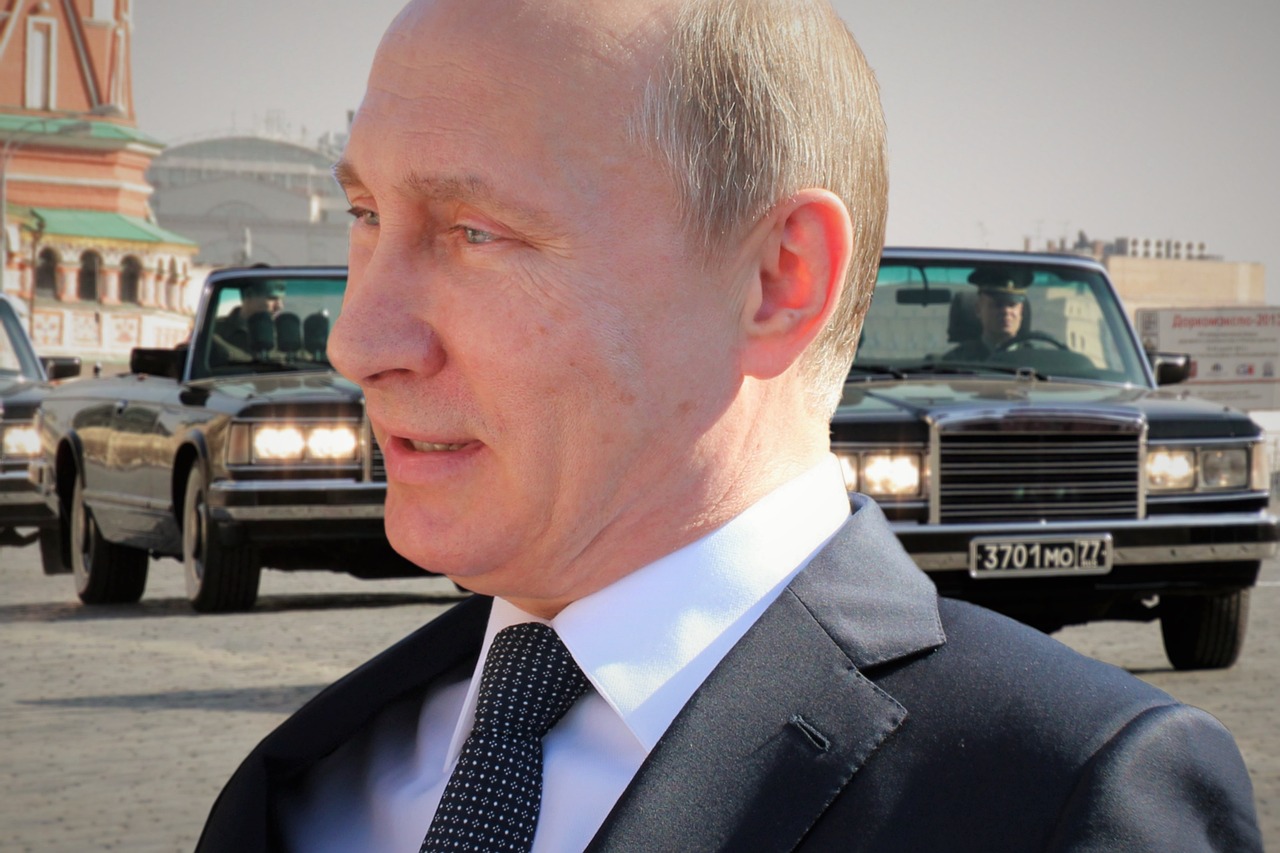
While Putin’s comments may seem to signal support for Harris, the Kremlin’s actual actions tell a different story. U.S. intelligence has reported Russian disinformation campaigns targeting Harris and her running mate, Tim Walz, aimed at undermining their credibility and sowing doubt about the election’s integrity. This aligns with Russia’s longstanding strategy to weaken U.S. political stability and influence.
The Ukraine War: A Critical Factor in Russia’s Election Strategy
The timing of this election is especially critical given the ongoing Ukraine war, which has stretched into its third year. The prolonged conflict has exceeded Russia’s expectations, resulting in heavy losses and pushing Russian forces to a precarious position. Despite some gains in eastern Ukraine, the toll of the war has been severe.
The Biden administration’s recent discussions about fortifying Ukrainian defenses and launching offensives in regions like Kursk have intensified the stakes for Russia. A potential Harris victory would likely mean continued support for Ukraine and possibly an escalation in U.S. military aid, which could stretch Russian resources even further. In contrast, Trump has repeatedly questioned the level of U.S. financial and military aid to Kyiv, arguing for an America-first approach that aligns with Moscow’s desire to see a weakened Western coalition.
Trump’s Candidacy and Moscow’s Support
For Russia, a Trump presidency holds the promise of a U.S. foreign policy shift that may reduce support for Ukraine. Trump has long criticized U.S. involvement in the Ukraine conflict, suggesting he could end the war swiftly if elected. This stance resonates with Moscow’s agenda to curtail Western aid to Ukraine and promote isolationist sentiments within the U.S.
Trump’s favorable relationship with Putin is well-documented. Following his 2016 election victory, celebrations erupted in Moscow, with Russian politicians and conservative activists hailing his win as the dawn of a new era in U.S.-Russian relations. However, the past eight years have seen the relationship between the U.S. and Russia deteriorate significantly, marked by mutual distrust and escalating tensions.
A Pivotal Election for Global Politics
The 2024 U.S. election, set against the backdrop of the Ukraine war and shifting international alliances, represents a crucial juncture in global politics. For Europe, a Harris administration offers a path toward stability and continued cooperation. For Russia, however, a Trump win could provide a diplomatic opening and a chance to recalibrate its foreign policy objectives.
The outcome will undoubtedly shape the U.S.’s role on the world stage, influencing not only the future of U.S.-Russia relations but also the broader international order.

